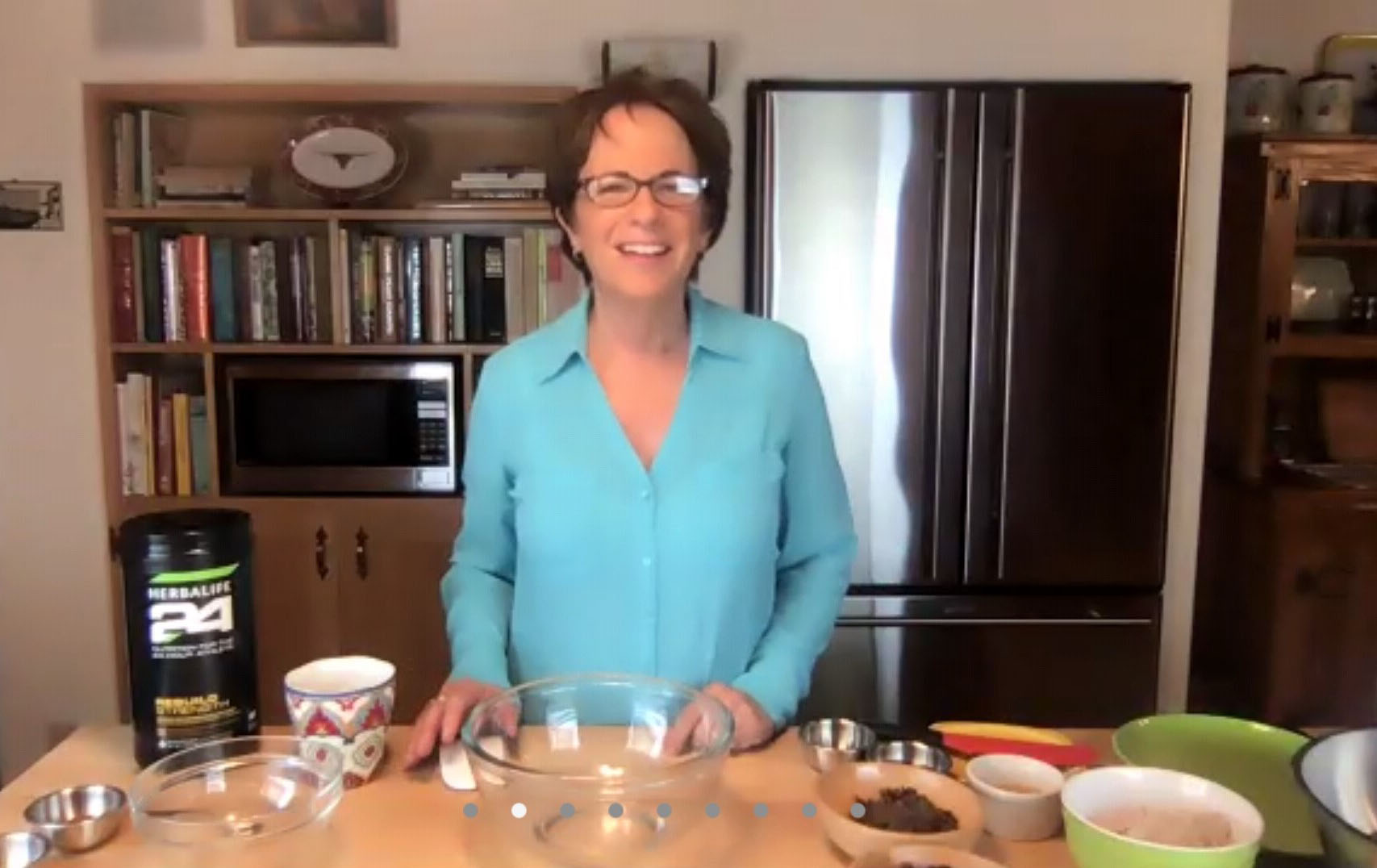
Snacking in itself is not a bad habit, it’s the unhealthy snacks people consume that makes it so. These unhealthy snacks include high calorie sweets, chips, fried foods, and sugary drinks, and they are often consumed for emotional reasons or out of habit and not hunger.
Susan Bowerman, Senior Director, Worldwide Nutrition and Education and Training at Herbalife Nutrition, calls these unhealthy practices and food choices the “Dark Side of Snacking.”
Bowerman is a registered dietitian, a board-certified specialist in Sports Dietetics and Obesity and Weight Management, and a Fellow of the Academy of Nutrition and Dietetics. She was the special guest speaker in Herbalife Nutrition Philippines’ first Virtual Tea Party this September 29, where she discussed healthy snacking and balanced nutrition.
“Choosing healthy snacks nowadays can be challenging. Food is everywhere and readily available, portion sizes are large, and some items sound healthy but are not. Many people also consume too many liquid calories in the form of sugary beverages,” Bowerman said.
She, however, pointed out that snacking, when done correctly, can be a healthy habit as it canhelp prevent overeating at meals, can help reduce total calorie intake for the day, provides an opportunity to work in more servings of healthy foods, and helps you maintain physical and mental energy.
“To make your snacking habit healthy, make sure that your snacks are balanced with protein and healthy carbohydrates, have enough calories and protein to last until your next meal or snack and, of course, make sure they taste good,” Bowerman said. “Choose nutrient-dense foods instead of calorie-dense foods.”
Nutrient-dense foods such as lean proteins, vegetables, fruits, whole grains, and beans contain a lot of nutrition per bite, while calorie-dense foods such as fried foods, candies, sodas, and desserts have more calories per bite.
“Snack on foods that are rich in protein to help control your hunger and include good carbohydrates which contain fiber, vitamins, minerals, and phytonutrients,” Bowerman advised.
Foods that are rich in protein include milk, cottage cheese, yogurt, low-fat cheese, lean meat, poultry, fish, eggs, cooked lentils or beans, and nuts or nut butter. Fruits, vegetables, and whole grains, meanwhile are rich in carbohydrates.
Examples of healthy snacks that are rich in protein and carbohydrates, according to Bowerman, include vanilla yogurt topped with fruit, hard-boiled egg with sliced tomato, roasted soy nuts with a piece of fruit, whole grain bread with nut butter, and a cup of vegetable soup with low-fat cheese.
![]()







